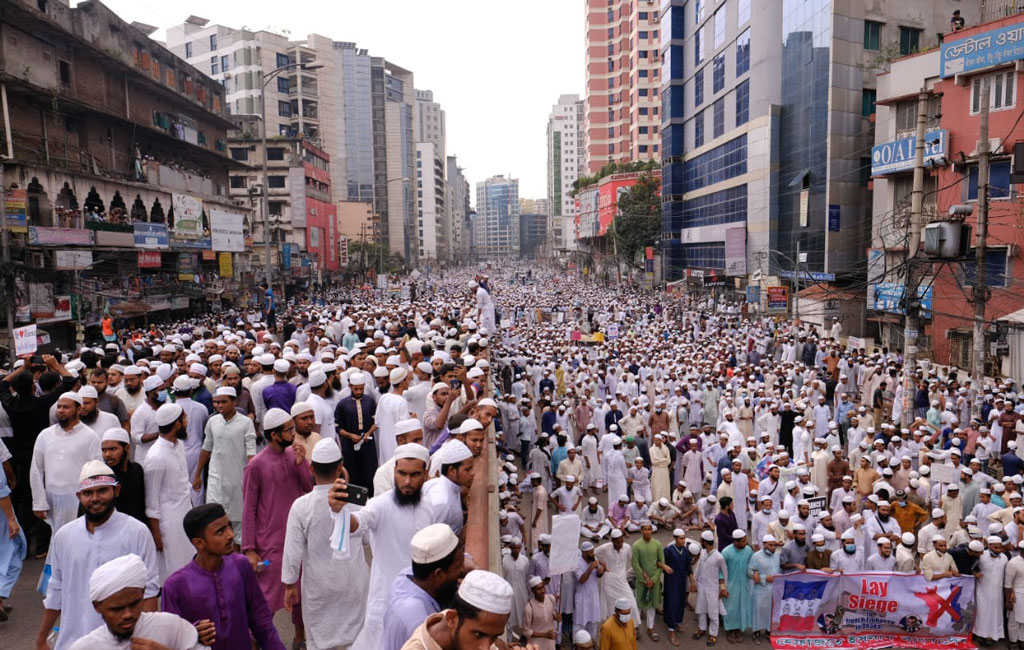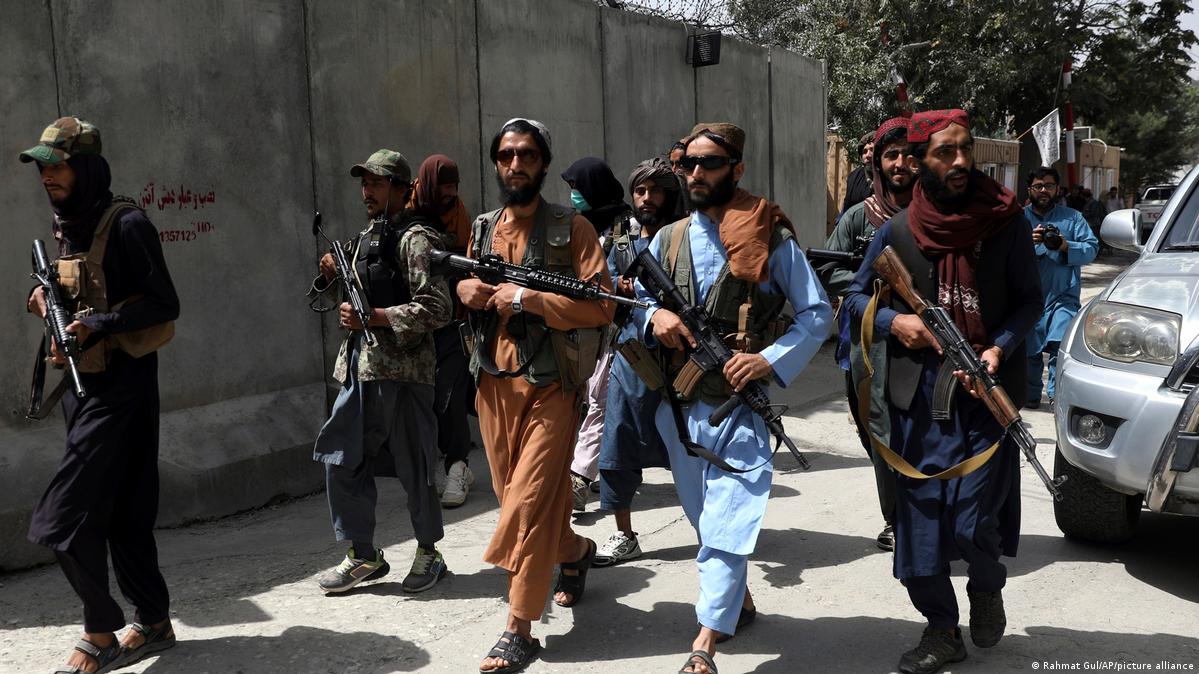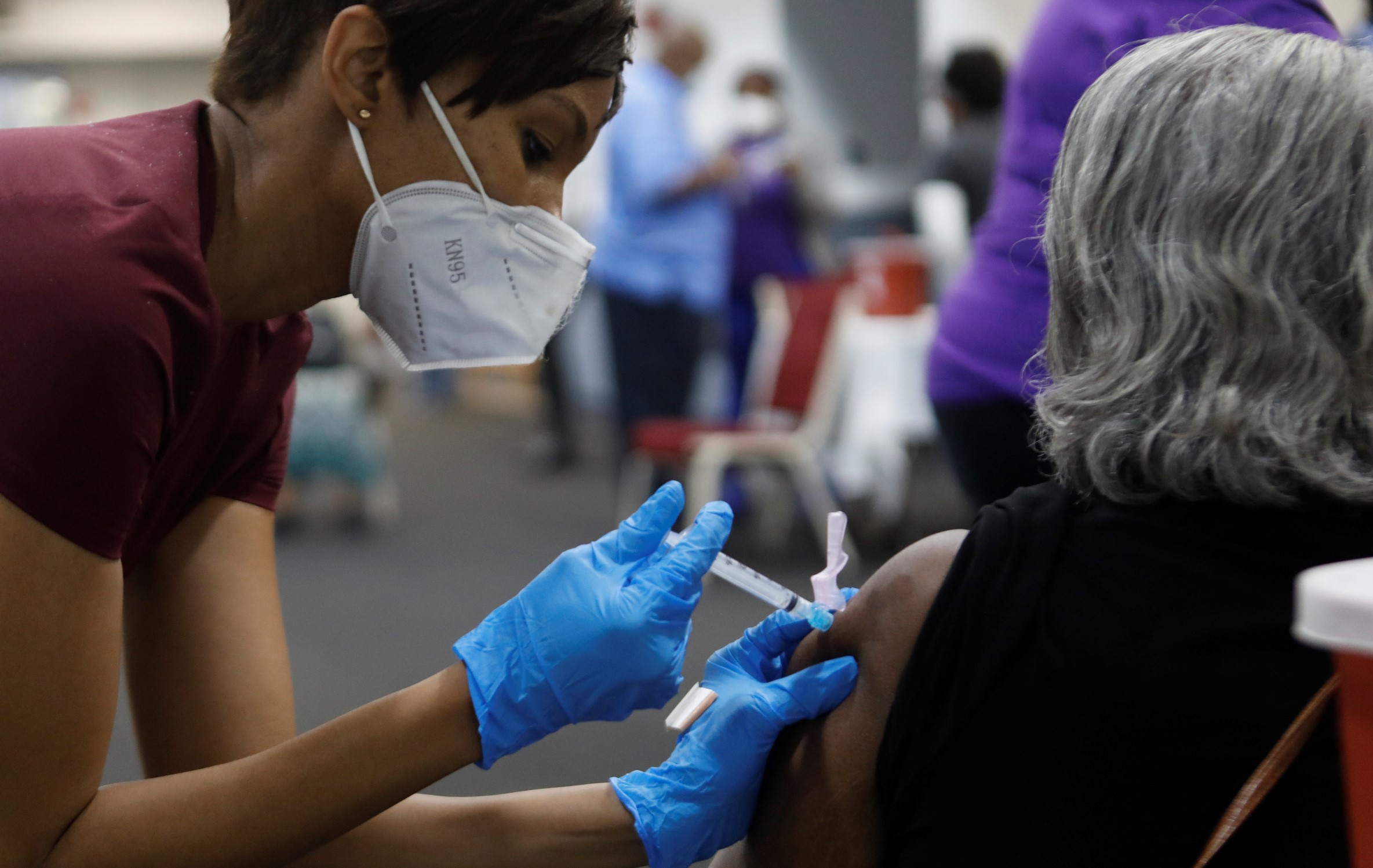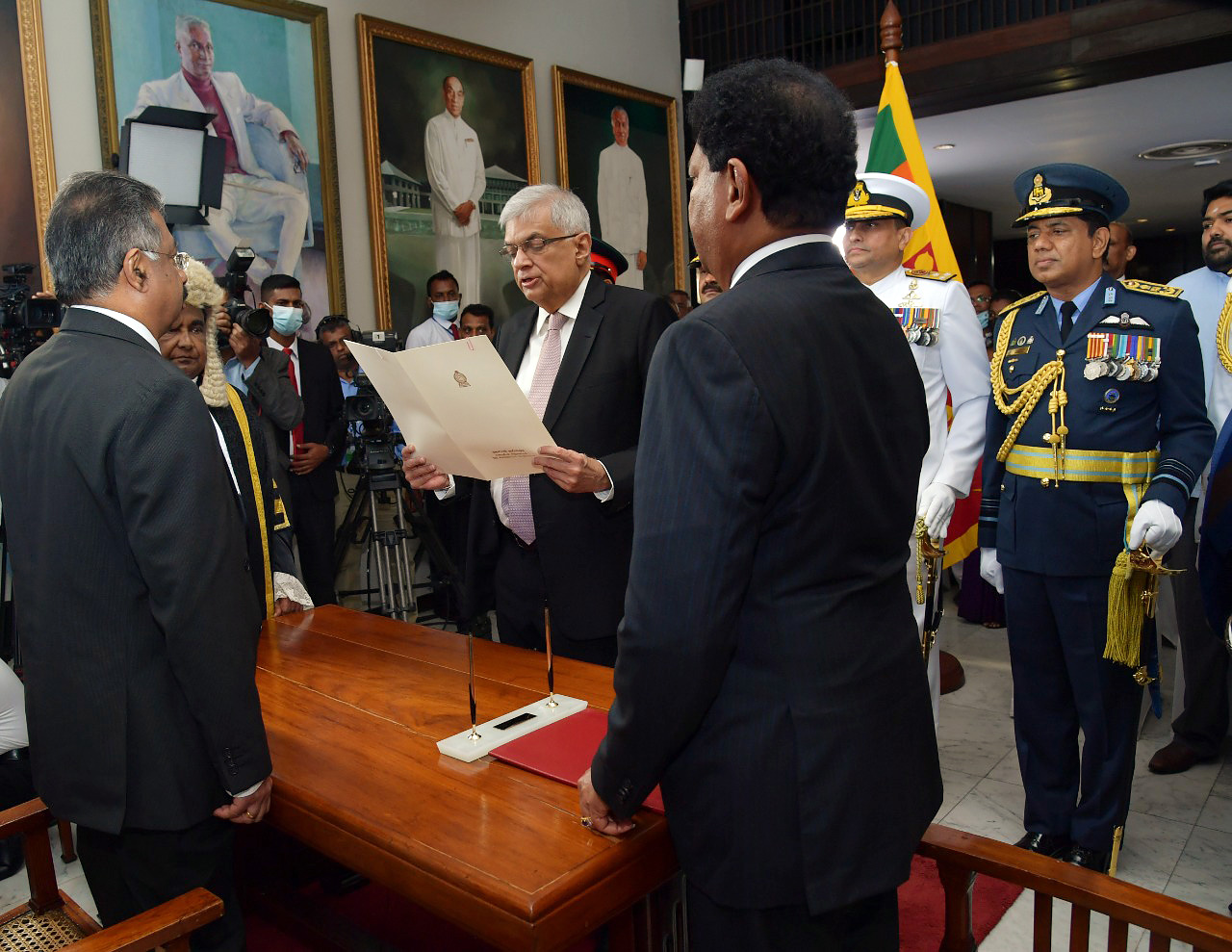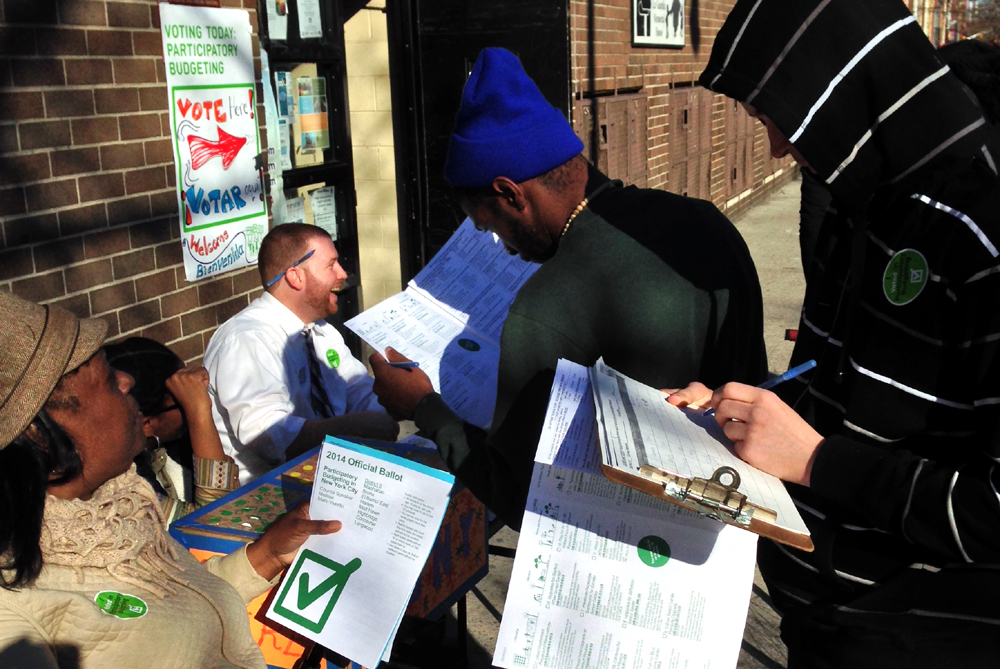Smruti S. Pattanaik
After the death of Allama Shah Ahmed Shafi, the Amir of Hefajat-e-Islami (HeI), on September 18, 2020, the new leadership of Juniad Babunagori and other hardline Islamists dominate the Shura of HeI. Shafi, a firebrand Islamist, had brought the Awami League (AL) government to its knees by demonstrating his organisation’s street power in 2013. However, he unhesitatingly cooperated with the government after that, till his death. What does Ahmed Shafi’s death mean for ulema politics in Bangladesh? Will Juniad Babunagori, who succeeded Shafi after a major power tussle to take over the Hathazari madarassa, continue with his legacy?
Ulema politics
HeI mostly consisted of erstwhile ulema political parties whose political visibility reduced after the AL assumed power. This was especially so in the context of the weakening of the Bangladesh Nationalist Party (BNP), the main ally of the ulema political parties, and the Jamaat-e-Islami (JeI), the dominant religious political party committed to Sharia rule. This was after the BNP-led alliance lost the 2008 election. The dominant ulema group, the Islami Oikyo Jote (IOJ), left the BNP-led four-party alliance in 2012. The HeI emerged in 2010 and made its mark as a united front of the ulemas in Bangladesh.
Ulema politics in the country largely remained confined to regulation of madrassas, shaping the attitude of the government towards religion and preservation of Islam. Though the Anjuman-i-Ulama-i-Bangala was one of the first platforms that brought together the ulemas in the United Bengal province, it lost its lustre after partition. Even though the Jamaat-ul-Islam Pakistan (JuIP) dabbled in politics and later some ulemas joined with other political parties to demand implementation of Nizam-e-Mustafa, ulema politics has always remained fragmented.
After Bangladesh re-entered into democratic politics military rule in 1990, the ulemas became active but still could not succeed electorally. The IoJ, for instance, managed to get two seats in 2001. Organisations formed and led by the ulema though have been at the forefront of the Islamisation drive in Bangladesh, both in the social and political sphere. They control the country’s vast Quami madrassas that do not follow the government-approved syllabus taught in the government-run Aliya madrassas. Rather, the students of these madrassas focus on the conservative Dars Nizami that deals with Islamic jurisprudence.
Politics of HeI
While Hefajat claims it is apolitical, as they do not participate in electoral politics, they are at the forefront of accumulating religious capital and have emerged as important players in Bangladeshi politics. HeI, which literally means ‘protector of Islam’, was established in 2010 as a reaction to the Draft National Women’s Development Policy Bill, proposed by the military-backed caretaker government in 2008. The women’s bill was finally passed by the Awami League government in 2011, providing equal rights to women in property ‘through earnings, inheritance, loan, land and market management’. Taking into account the protest of ulemas and other religious political parties, Prime Minister Sheikh Hasina assured that these rights will be subjected to Shariah law.
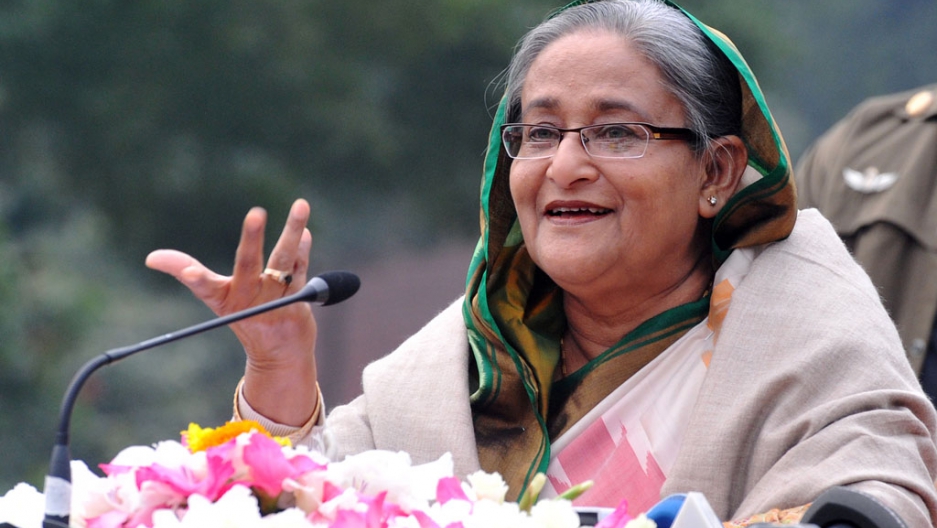
The ulemas also feared that the Hasina government may engage in “anti-Islam[ic] activities”, especially after the Supreme Court in 2010 declared the Fifth Amendment to the Constitution that made sweeping change to the 1973 secular constitution, as illegal. There were apprehensions, that, as a result of this decision, the government may restore the 1973 Constitution and place a ban on religious political parties. While the government restored secularism and some other original articles through the 15th Amendment, fearing backlash from the Islamists, it allowed the continuation of Islam as the state religion.
Realising the potential of the group to disrupt, especially at a time when the Shahbag protests were going on and war crime trials against those who collaborated with Pakistani regime against the liberation were being conducted, the government tried to win the Hefajat over to its side. It arrested bloggers under Section 54 of the Code of Criminal Procedure of the Information and Communication Technology Act of Bangladesh, 2006, for “hurting religious sentiments”.The government sought help from the party-affiliated Ulema League and Anjumaan-e-Baiyanat, to counter the HeI.
In 2017, when the government introduced the same text books that are taught in the regular schools for the madrassas, Hefajat asked for removal of certain poems and other essays from the secondary school textbook. Appeasing the HeI, the government removed 17 popular poems and stories by non-Muslim and secular writers. These included Darwin’s theory of evolution, as Hefajat considers such writings to promote atheism.The government was in fact forced to change many Christian and Hindu-sounding names and replace them with Islamic names.
The group went to the extent of demanding that the government replace Prof Narayan Chandra Saha, a Hindu, from the position of Chairman of National Curriculum and Textbook Board (NCTB).
Power struggle to control Hefajat
After the failed agitation in Dhaka’s Shapla Chottor on May 5, 2013, there were differences of opinion within the HeI. Babu Nagori, who was then the General Secretary of the organisation, was opposed to Shafi’s close contacts with the AL government, especially after the brutal police action in Dhaka on the protesters in 2013. The differences of opinion came to a head when Ahmad Shafi decided to honour Prime Minister Hasina for passing the bill recognising the madrasa degree. Juniad Babunagori’s uncle, Mohibullah Babunagori, resigned from his position as the Secretary General of the organisation on October 3, along with other leaders, for not being consulted over the issue. Several leaflets were circulated by unidentified people against the function. Many of the senior leaders stayed away from the thanksgiving ceremony, where Hasina was declared the Quami mother by Ahmad Shafi. This coming together of AL and HeI though was a crucial factor that helped in the AL’s 2014 and 2018 electoral victories.
The leadership of HeI is now firmly in the hands of Juniad Babunagori, who had fallen out with Shafi in October 2018. On June 17, 2020, Juniad Babunagari, who was close to his uncle, was relieved of duty as assistant director by the Shura committee of Madrassas. Instead, Maulana Sheikh Ahmed, a senior teacher of the madrassa, was given the responsibility of the associate director. Hundreds of students demonstrated on Chattogram-Khagrachhari Road and vandalised the offices of Anas Madani and Shafi against the decision.
Future of Islamist politics
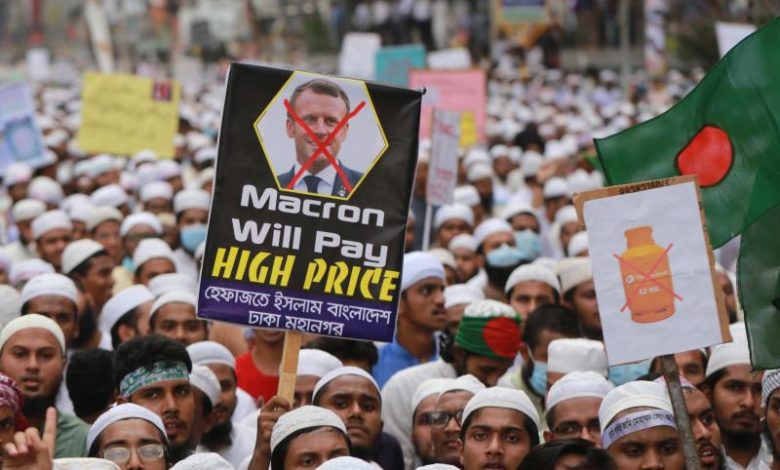
After his election as Amir of HeI, Juniad Babunagori stated that the group will work towards establishing Islam and to uproot anti-Islamic forces. He even asserted that the group would shed blood to protect Islam. Hefajat is aiming to occupy the Islamist political space which is organisationally vacant at the moment due to de-registration of JeI and the government’s continued action against the party which has crippled its functioning. The Jamaat has been lying low politically since the arrest and hanging of its leaders on charges of committing war crimes. It tried to bring Hefajat to its side in 2013 to orchestrate anti-government demonstrations.
The big question is whether Hefajat has a political agenda to remain relevant in Bangladesh politics. After successfully gaining recognition for its Quami madrassa degree, it has moved forth with its other social agendas. Not only HeI but the BNP-led Somomona Islami Dal (similar thinking Islamic Parties), organised a large-scale demonstration in Dhaka against the French President Emanuel Macron for his recent remarks on the cartoons of the Prophet Mohamed.
HeI is gaining larger traction among political parties who are vying for public space. There were reports that even some of JeI leaders were present at the funeral of former Ahmed Shafi. Jamaat was embittered by the HeI’s reluctance to fight against the government, after its cadres were killed in 2013. Though there are theological differences between Jamaat and ulemas, JeI has always benefited from the politics of religion and both the JeI and ulema leaders had entered into co-habitation with each other. The BNP enjoys close relations with some of the constituent parties of HeI. In 2012, the IoJ had left the BNP saying that the ulemas needed to be united to charter an independent policy.
The government is currently bothered by the opposition to the installation of a statue of Mujib in Dhaka’s Dholaipar Square, which the Hefajat terms as un-Islamic and harmful. Some ministers have said that the government will initiate criminal cases against Hefajat activists for indulging in violence in their demonstration at Shapla Chattor. A sculpture of Mujib in Khustia was broken.
In the last few years, the AL strengthened the HeI by accommodating its demands, while moderate Islamic forces have remained alienated. Fundamentally though, the ideologies of the AL and HeI stand opposed to each other. The takeover of HeI by more radical leaders opposed to the government only reflects the limitation of the latter’s appeasement policy. While the ulemas may not be electorally successful; their street power and ideological commitment to their interpretation of religion will push the government to further Islamise the social sphere. That will pave the way for the ultimate political success of the Islamists.
Smruti S. Pattanaik is Research Fellow at the Manohar Parrikar Institute for Defence Studies and Analyses, New Delhi
Views expressed are of the author and do not necessarily reflect the views of the Manohar Parrikar IDSA or of the Government of India.
This is the abridged version of the article which appeared first in the Comment section of the website (www.idsa.in) of Manohar Parrikar Institute for Defense Studies and Analyses, New Delhi on December 10, 2020.
















